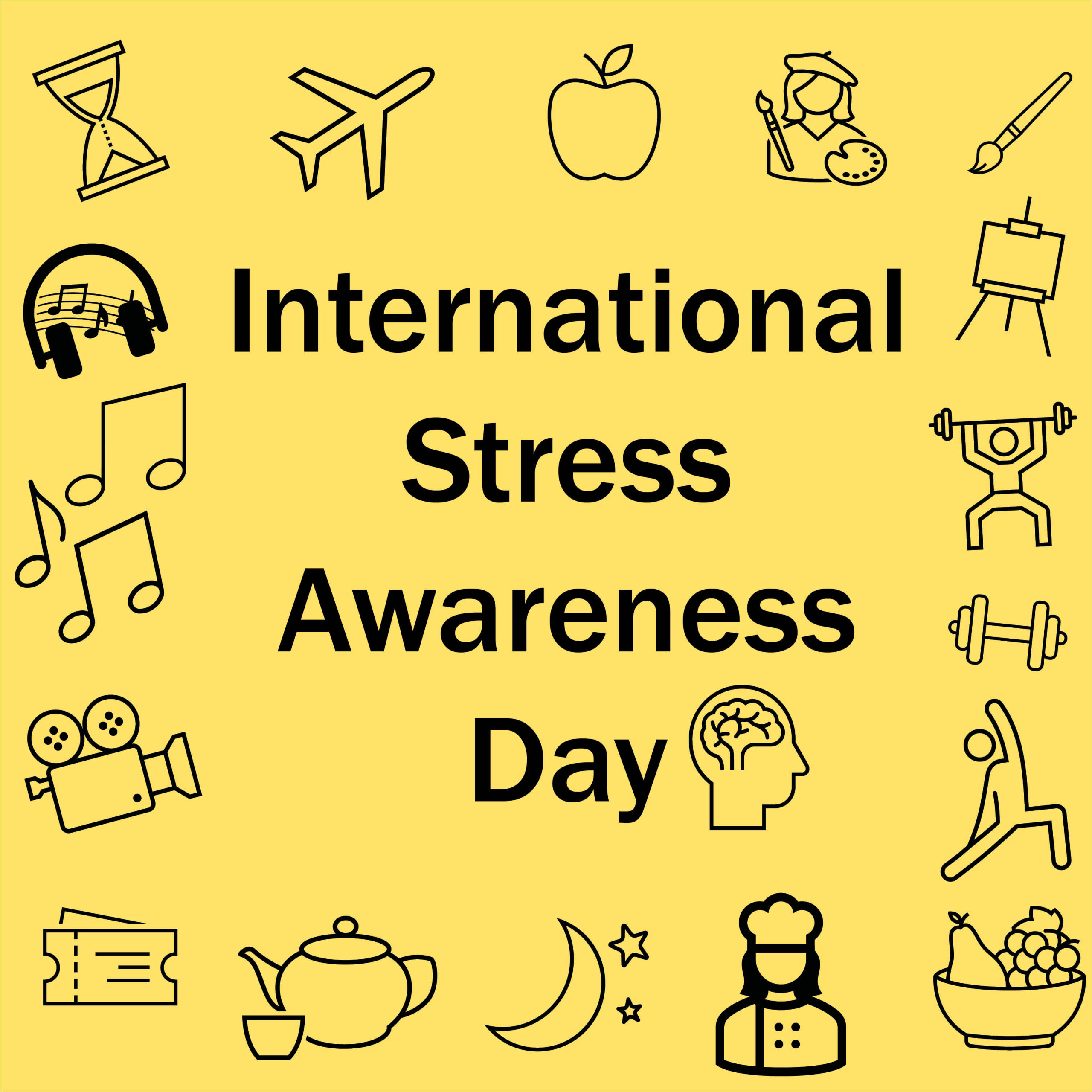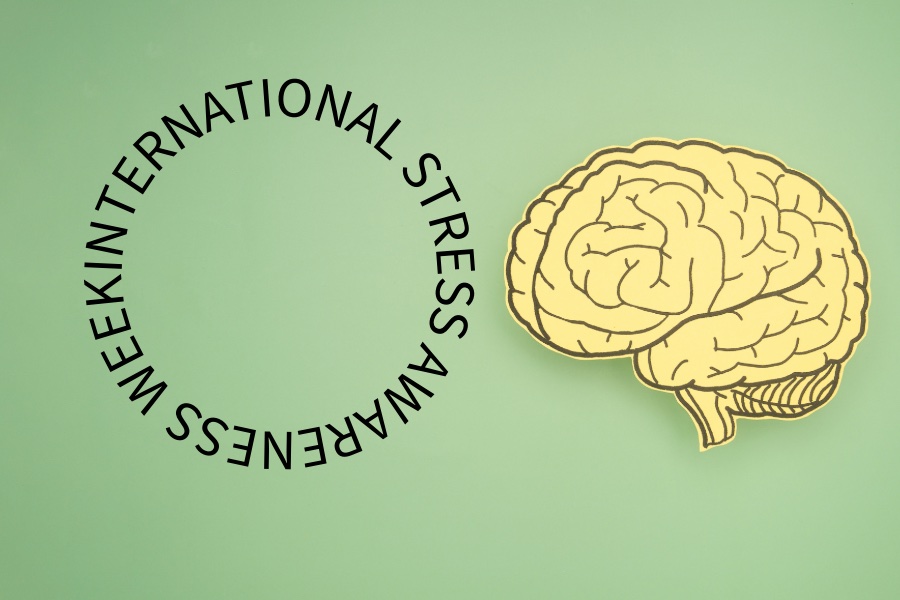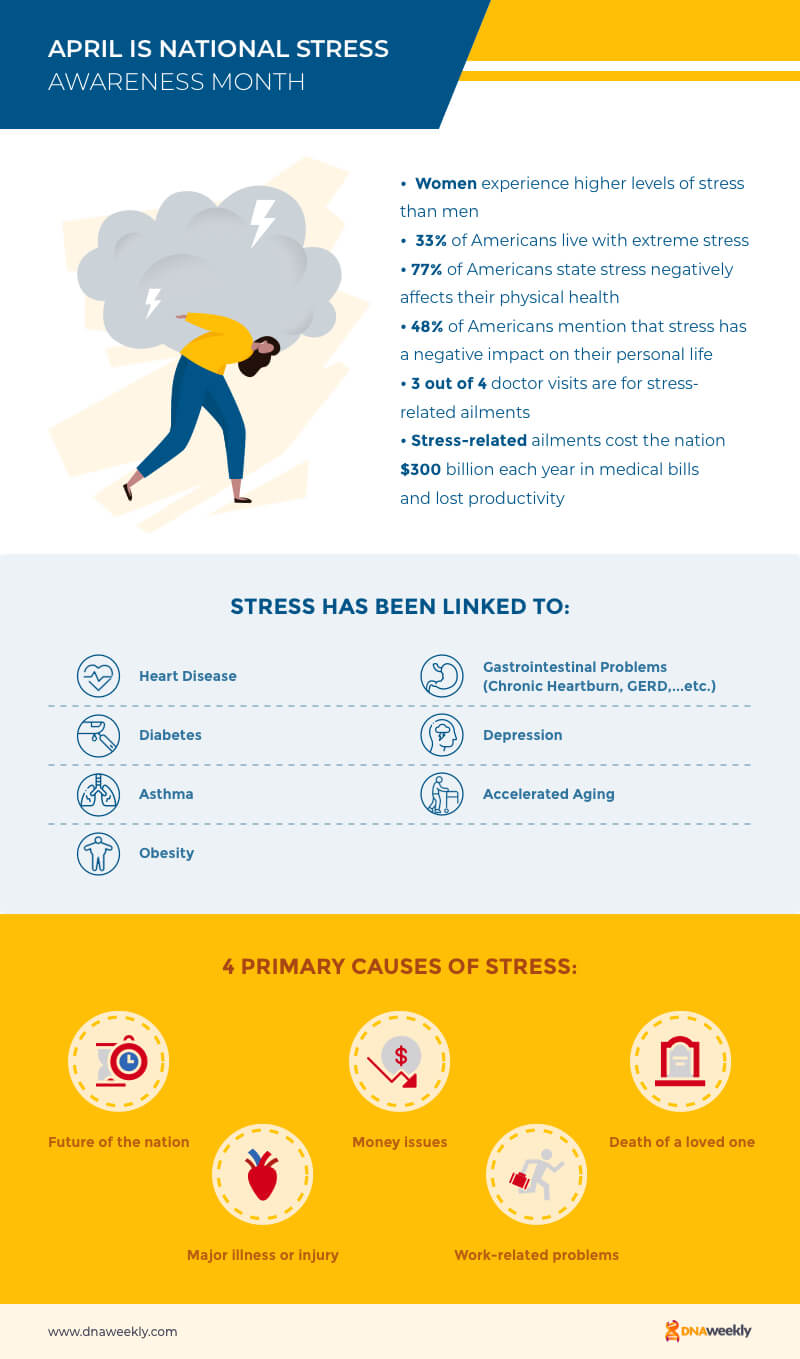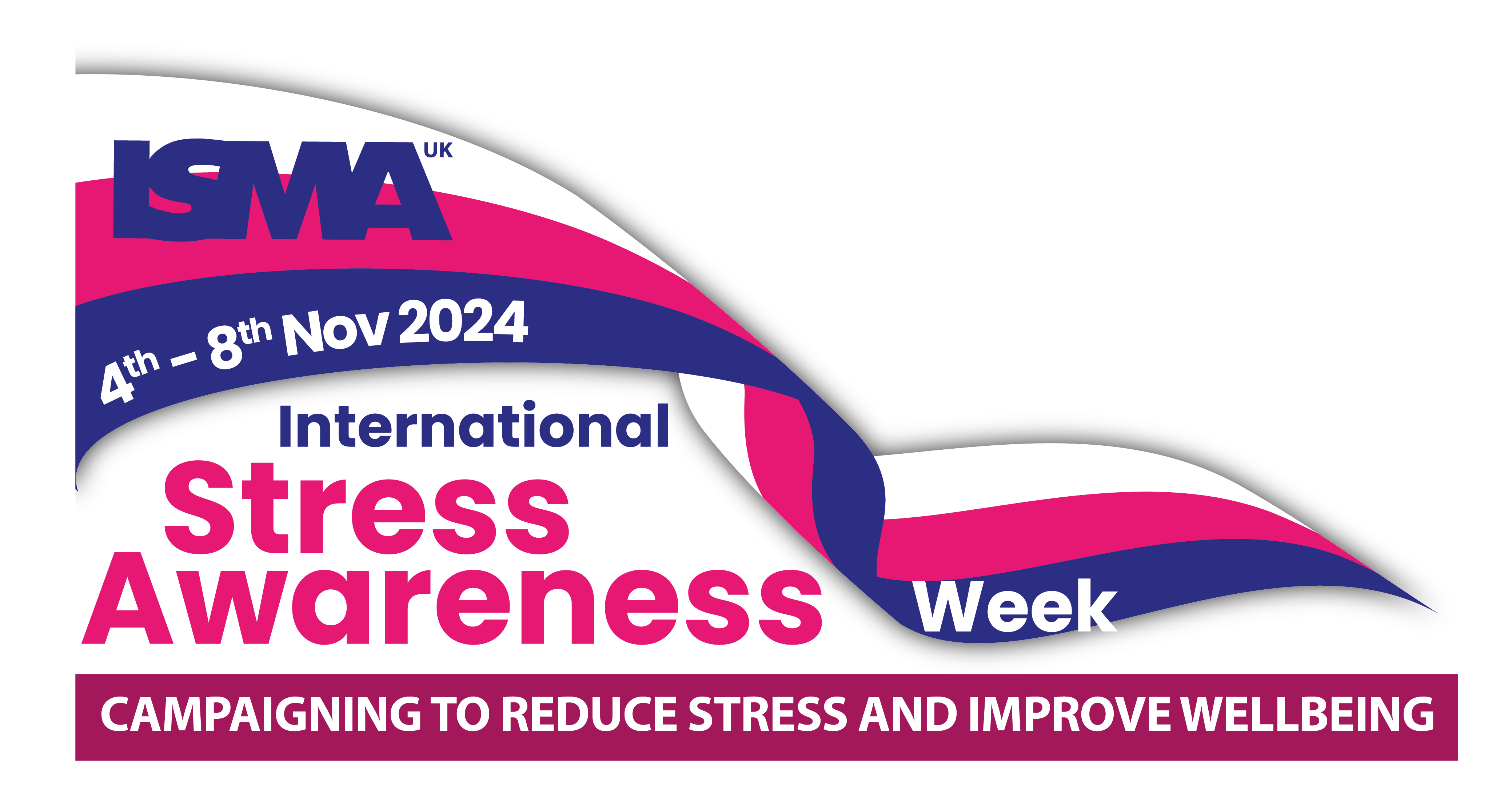Introduction to International Stress Awareness Week
History of International Stress Awareness Week
International Stress Awareness Week began in 2018 and is held annually, highlighting the negative impacts of stress on individuals and society. The week serves as a platform for promoting better mental health practices and reducing stigma around stress management. Various organizations participate by offering resources and support to help individuals cope effectively.
Purpose of raising awareness about stress
The purpose of this week is to educate people about stress, its causes, and ways to manage it. By creating discussions around stress, it encourages individuals to seek help and prioritize their mental well-being, ultimately fostering healthier work environments and communities.

Understanding Stress
Definition of Stress
Stress is a natural response to demanding situations, characterized by feelings of pressure or tension. It can manifest from external events and internal thoughts, affecting individuals in various ways.
Impact of Stress on Mental and Physical Health
Stress can significantly impact both mental and physical health. Prolonged stress contributes to anxiety, depression, and other mental health disorders. Physically, it can lead to symptoms such as headaches, fatigue, and cardiovascular issues. Recognizing these effects is crucial in fostering awareness and initiating discussions to combat stress effectively.

Common Causes of Stress
Work-related stress
Work-related stress is a prevalent issue that many individuals face. Tight deadlines, high workloads, and workplace conflicts can create significant pressure, leading to burnout and emotional exhaustion. Employers and employees must recognize these challenges to foster a balanced work environment.
Personal stressors such as finances and relationships
Personal stressors like financial problems and relationship issues also contribute substantially to overall stress levels. Uncertainty regarding finances can create anxiety, while conflicts in relationships may affect emotional wellbeing. Addressing these stressors is essential for maintaining a healthier lifestyle.

Recognizing the Signs of Stress
Physical symptoms of stress
Individuals experiencing stress may exhibit various physical symptoms such as headaches, fatigue, and increased heart rate. These signs often indicate that the body’s response to stress is in overdrive, calling for immediate attention.
Behavioral indicators of stress
Moreover, behavioral changes can also signal stress. Changes in appetite, social withdrawal, or decreased productivity are common indicators. By being mindful of these symptoms, individuals can take proactive steps to manage stress effectively and enhance their overall well-being.

Coping Strategies for Managing Stress
Mindfulness and meditation
Incorporating mindfulness and meditation into daily routines can greatly enhance stress management. By focusing on the present moment and practicing deep breathing, individuals can reduce anxiety levels and foster a sense of calm. Regular practice helps in building resilience towards stressors.
Healthy lifestyle choices for stress management
Engaging in regular physical activity, maintaining a balanced diet, and ensuring adequate sleep are crucial components of effective stress management. These healthy lifestyle choices enable individuals to improve their overall well-being and create a buffer against the negative effects of stress.

Supporting Others with Stress
How to help a loved one dealing with stress
Offering support to a loved one struggling with stress is essential. Listening without judgment and validating their feelings can provide immense relief. Suggesting small, manageable coping strategies, like taking walks or sharing hobbies, can also help them feel less overwhelmed.
Creating a supportive environment for stress management
Creating a calming atmosphere plays a crucial role in alleviating stress. This could be through a decluttered space, encouraging open communication, or engaging in mindfulness practices together. Fostering a sense of community and support helps individuals navigate stressful times effectively.

